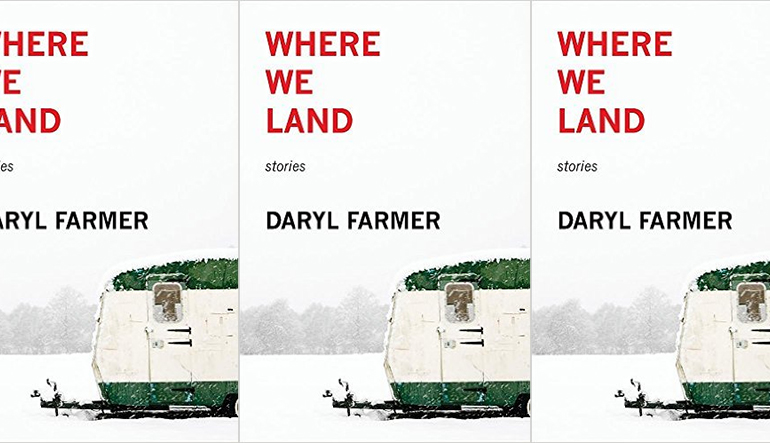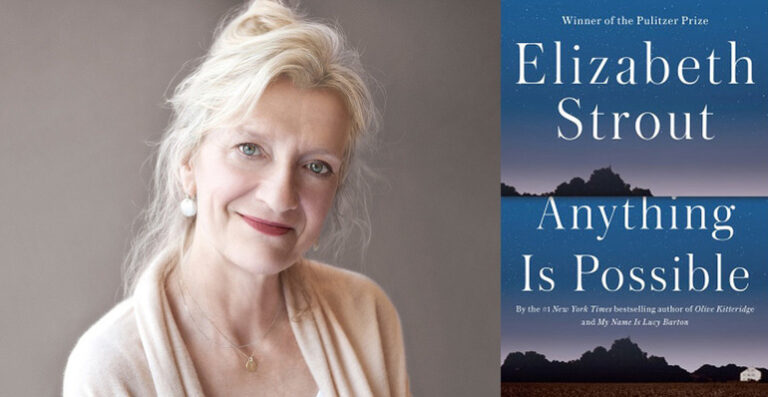Review: WHERE WE LAND by Daryl Farmer

Where We Land
Daryl Farmer
Brighthorse Books, August 2016
200 pp; $14.95
Alaska, our largest yet least densely populated state, at times may conjure thoughts of bleak landscapes, harsh temperatures, and the type of static isolation that doesn’t quite lend itself to human connection. In Where We Land, Daryl Farmer turns the distant and seemingly unknowable Alaskan landscape familiar, using the daily lives of his characters as nuanced examples of the human condition. This short story collection is at once deeply introspective, an honest illustration of the inward journey and the mania that can sometimes result, but it also situates Farmer as a careful observer of the subtle differences in people that can make the world, or even just a town, a more vibrant place.
Farmer writes with stunning accuracy as a young boy in the collection’s first story, “Yukon.” His voice is so true to the confusion and nervous excitement of teenage years, in fact, that one might wonder if this story was gleaned directly from a journal he kept. But that notion is quickly overturned by the wisdom Farmer weaves throughout—insight that only comes out of a degree of distance and age. And though all the stories follow different lives and the situations they face, it is Farmer’s simultaneous childlike-wonder and knowing restraint that weave these stories together into one, strikingly cohesive collection.
Admittedly, a collection of stories all set against the same unforgiving terrain might threaten to be redundant—frozen over, even, by their sameness. However, through his unassuming intelligence and dark humor, Farmer makes the particular, universal:
And yet, I apologize to no one, though I’m sorry for it all. I feel remorse, but no regret, a haunting guilt, but not for Gary’s death so much as for the perverse satisfaction I still feel knowing that my single great act of violence in this world came from simply turning a deaf ear to the pleas of a dying man. And who, among those of you who would condemn me for that, do not do the same every day?
These stories are fiction, but not quite; and it is moments like this one from “Skinning Wolverines” that feel less imagined and more like a reminder from Farmer of how human we are in reality—faults and all.
Where We Land contains stories on solitude, survival, community, and the calamity that is love. Daryl Farmer’s skillful treatment of these themes makes reading them feel necessary—a compass to guide us through the terrain of daily life.


